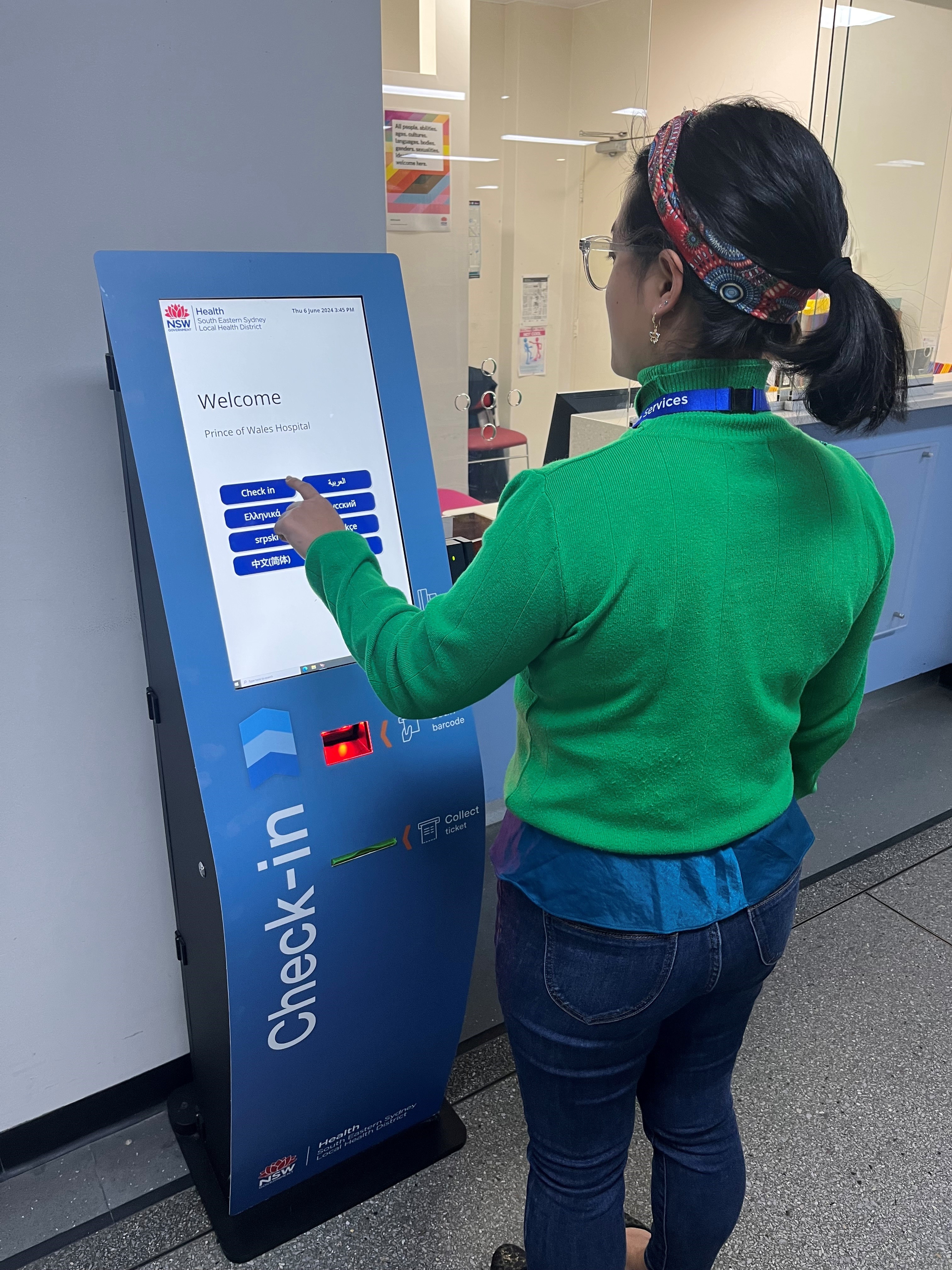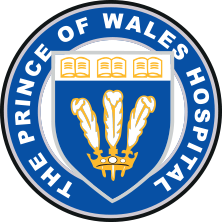Rheumatology Department
How we can help you
We care for people 16 years of age and over who have problems with their joints, muscles or bones or who have autoimmune conditions. Autoimmune conditions are where your immune system attacks your body's own cells, tissues and organs.
We manage and treat illnesses such as:
- rheumatoid arthritis - painful and inflamed joints
- ankylosing spondylitis - arthritis in the spine
- arthritis related to psoriasis (red scaly patches on your skin), inflammatory bowel disease and infections
- vasculitis - inflamed blood vessels
- gout and pseudogout - red, hot, swollen joints
- osteoarthritis - a breakdown of cartilage inside a joint
- osteoporosis - brittle and fragile bones
- autoimmune connective tissue diseases - Examples are: systemic lupus erythematosus, systemic sclerosis and Sjogren syndrome. These conditions may make people feel generally unwell and can affect many parts of the body including joints, skin, kidneys, eyes, lungs, the heart and the gut.
- inflammatory eye disease
- myositis - inflamed muscles
- autoinflammatory diseases/periodic fever syndromes - Examples are: Familial Mediterranean fever (FMF), VEXAS syndrome, Adult onset Stills disease, Cryopryrin associated periodic syndrome (CAPS), Tumour necrosis factor receptor associated periodic syndrome (TRAPS), and Behcet disease
- general muscle and bone problems
- other rare autoimmune and inflammatory conditions including sarcoidosis, behcet and IgG4-related disease.
Our team includes six specialist doctors called rheumatologists and one doctor in training. Our rheumatologists are: Dr James Bertouch, Dr Arvin Damodaran, Dr Amel Katrib, A/Prof Anthony Sammel, Dr Hugh Caterson and Dr Pauline Habib.
We work closely with other medical and surgical services including renal medicine, ophthalmology, dermatology, immunology, respiratory, cardiology, orthopaedic and vascular surgery.
Radiology, nuclear medicine and NSW Health Pathology provide on-site imaging and pathology support for our service.
We work closely with physiotherapy and occupational therapy to provide strengthening and stretching exercises, hand therapy, splints, orthotics and hydrotherapy.
In these clinics, we provide specialist care for all types of rheumatic disease. Some of these are listed above.
| Clinic name | Day of the week | Time |
|---|---|---|
| New patient general rheumatology clinic | Tuesdays | 2.00 pm - 5.00 pm |
| Rheumatology post discharge clinic | Thursdays | 9.00 am - 12 noon |
| General rheumatology clinic | Fridays | 9.00 am - 12 noon |
We are a specialised service and care for people who have vasculitis. Vasculitis describes a group of uncommon diseases which cause inflamed blood vessels such as:
- Giant cell (temporal) arteritis
- Takayasu arteritis
- Polyarteritis nodosa
- ANCA associated vasculitis
- Granulomatosis with polyangiitis (formerly Wegner Granulomatosis)
- Eosinophilic granulomatosis with polyangiitis (formerly Churg Strauss syndrome)
- Microscopic polyangiitis
- IgA / Henoch Schonlein Purpura
- Connective tissue disease vasculitis
- Drug induced vasculitis
- Infective and post-infective vasculitis
- Cryoglobulinaemic vasculitis
- Behcet and autoinflammatory vasculitis
- IgG4 vasculitis
- Cutaneous vasculitis
- Periaortitis / idiopathic retroperitoneal fibrosis
- Cogan Syndrome
- Organ limited (CNS, visceral, isolated aortitis).
We work with other hospital specialists and use the latest technology, emerging treatments and offer access to clinical trials.
| Clinic day | Clinic time | Specialist |
| Tuesdays | 9.00 am - 12.00 noon | A/Prof Anthony Sammel |
We care for patients with systemic autoinflammatory diseases (SAIDs). This rare group of diseases may also be called periodic fever syndromes. They occur when your body’s immune system is activated even when there is no infection. Some SAIDs have underlying genetic causes. SAID symptoms include recurrent and unexplained fevers as well as inflammation and pain in the skin, joints, abdomen, chest and eyes. Conditions include:
-
Familial Mediterranean fever (FMF)
-
Cryopryrin associated periodic syndrome (CAPS)
-
Tumour necrosis factor receptor associated periodic syndrome (TRAPS)
-
VEXAS syndrome
-
Adult onset Stills disease
-
PFAPA (Periodic fever, aphthous stomatitis, pharyngitis, and adenitis)
-
Mevalonate kinase deficiency (MKD)
-
Schnitzler Syndrome
-
Sweet Syndrome
-
Behcet disease
-
Idiopathic recurrent pericarditis
-
Haploinsufficiency of A20 (HA20)
-
Deficiency of ADA2 (DADA2)
-
Blau Syndrome
We work with other hospital specialists and use the latest technology, genetic testing, and emerging treatments to diagnose and manage patients with these conditions.
| Clinic day | Clinic time | Specialist |
| Tuesdays | 9.00 am - 12.00 noon | Dr Hugh Caterson |
You will need a referral letter from your local general practitioner (GP) or specialty doctor to use this service. Your doctor will need to submit this referral electronically via Healthlink. Your referral will include your medical history, relevant test results, X-ray results and what medicines you are currently taking.
Once we receive this referral and accept it we will send you a letter with your appointment details. We will also send this to your doctor. If we cannot make an appointment for you, we will send you a letter confirming that you are on the waiting list for the next available appointment. If you change your address and/or phone number, please call 02 9382 0400.
If you need to change or cancel your appointment or no longer require an appointment/be on the waitlist, please call 02 9382 0400.
Please bring:
- Your referral letter from your GP if it hasn’t already been faxed
- Any blood test results you have relevant to the problem
- Any medical images and reports relevant to the problem
- Your Medicare card
- A list of your medicines or bring all your medicines in a bag, including any herbal or over the counter product
- You are welcome to bring a support person (a relative, friend or carer) with you.
When you come to our hospital for your appointment, you can check-in using our electronic check-in kiosks. These are located in our Adult Outpatient Department, Acute Services Building (Botany Street), High Street and Barker Street entrances.

You can find more inforamtion on these trusted websites:
We are teaching hospital and you may be asked to be involved in research or for a student to be present at your appointment. You have a right to say no. If you do so, this will not impact in any way on the services we will provide.
Please let us know if you need an interpreter before your appointment. You can contact us telephoning the Translating and Interpreting Service (TIS) on 131 450. Tell the operator what language you speak and then ask the interpreter to set up a telephone conversation between you, an interpreter, and call our Outpatient Department on 02 9382 0400.
